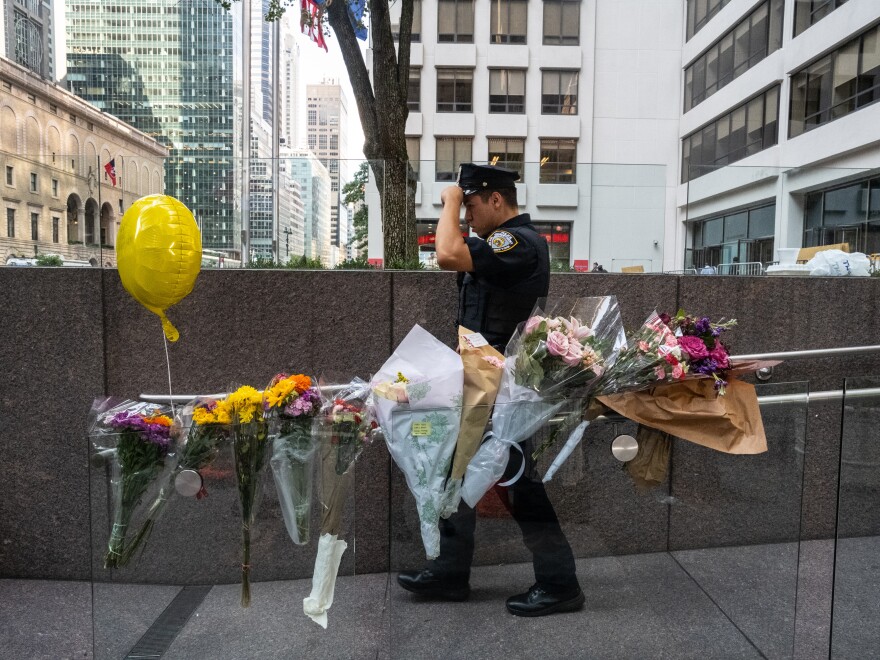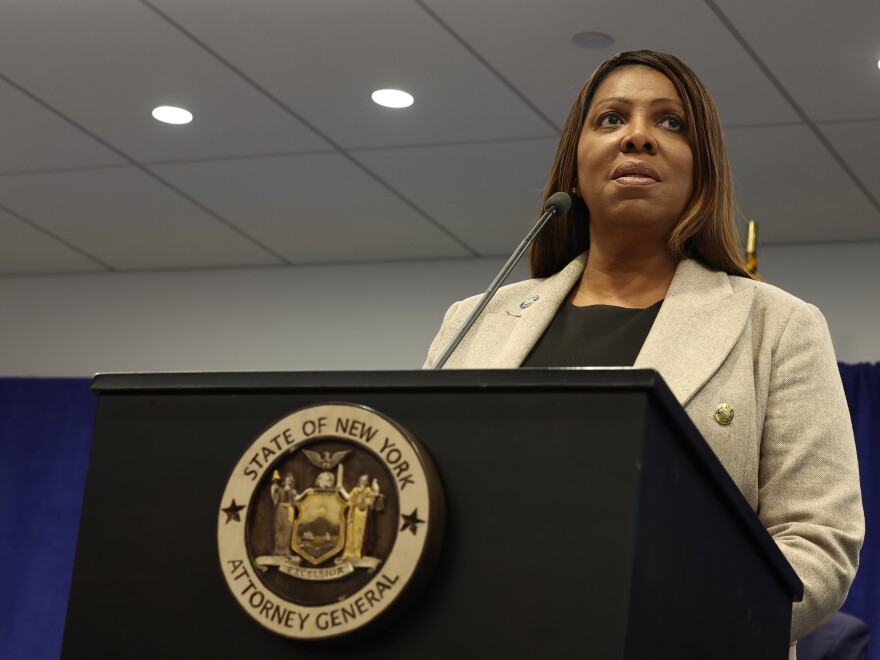There is no proof that convicted sex offender and disgraced businessman Jeffrey Epstein had a “client list” or that he blackmailed well-known individuals, according to the Justice Department and FBI.
A two-page memo detailing the department’s “exhaustive review” of the Epstein files under its control contains the results. According to the document, the FBI concluded that Epstein committed himself following a “thorough investigation,” which is consistent with earlier department findings.
The results run counter to Attorney General Pam Bondi’s earlier claims on a purported list of Epstein’s clients. Furthermore, it’s uncertain if the memo will lessen the public’s ongoing mistrust of Epstein’s case—especially his suicide.
While awaiting trial on federal sex-trafficking allegations, Epstein passed away in August 2019 at a federal jail in New York City. Due to his connections to the wealthy and influential and the ongoing conjecture around his passing, his death has stoked a number of conspiracy theories, especially on the far right.
The memo was first reported by Axios.
Bondi has long pledged to make the Epstein investigation’s papers public. In February, she released a small number of files to the public, citing the administration’s “commitment to transparency and lifting the veil on the disgusting actions of Jeffrey Epstein and his co-conspirators.”
In an interview with Fox News that same month, she stated that Epstein’s client list was “sitting on my desk right now to review.”
She is directly contradicted by the department memo almost four months later.
“This comprehensive analysis found no damning ‘client list.'” Additionally, there was no reliable proof that Epstein’s conduct included blackmailing well-known people, according to the letter. “We did not uncover evidence that could predicate an investigation against uncharged third parties.”
White House press secretary Karoline Leavitt attempted to downplay the disparity when questioned Monday about Bondi’s earlier comments.
“She was saying the entirety of all the paperwork, all of the paper in relation to Jeffrey Epstein’s crimes,” Leavitt stated to reporters. “That’s what the attorney general was referring to, and I’ll let her speak for that.”
According to Leavitt, the FBI director and the attorney general promised to thoroughly examine the Epstein papers at Trump’s request, “and that’s what they did, and they provided the results of that.” Transparency is that.
Suicide in line with prior findings, medical evidence
According to the unsigned document, in order to uncover all pertinent evidence, the FBI and the department searched through their investigation files pertaining to Epstein’s digital searches of databases, hard drives, and network drives as well as their physical searches of cabinets, desks, and closets.
According to the document, Epstein committed suicide on August 10, 2019, at the Metropolitan Correctional Center in New York City. It states that the results are in line with earlier findings, such as those of the DOJ’s inspector general, the U.S. Attorney’s Office in Manhattan, and the city’s top medial examiner.
Video evidence from the common area of the jail unit where Epstein was being housed at the time of his death supports the conclusion that he committed suicide.
“Anyone entering or attempting to enter the tier where Epstein’s cell was located would have been captured by this footage,” the note adds. “The FBI’s independent review of this footage confirmed that from the time Epstein was locked in his cell at around 10:40 pm on Aug 9, 2019, until around 6:30 am the next morning, nobody entered any of the tiers.”
The official version of Epstein’s death has been questioned in the past by FBI Director Kash Patel and Deputy Director Dan Bongino. However, they have openly claimed that Epstein committed suicide since assuming high-level positions in the FBI.
Online conspiracy theories attacked both men.
According to the document, the investigative files contain sensitive information about the more than 1,000 people who were abused by Epstein. According to this, “perpetuating unfounded theories about Epstein serves neither of those ends.” It states that preventing child abuse and giving victims justice are of utmost importance.
“To that end, while we have labored to provide the public with maximum information regarding Epstein and ensured examination of any evidence in the government’s possession, it is the determination of the Department of Justice and the Federal Bureau of Investigation that no further disclosure would be appropriate or warranted,” the document states.
Copyright 2025 NPR






